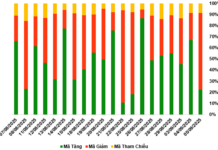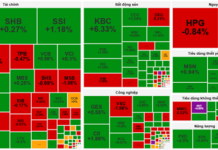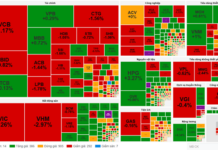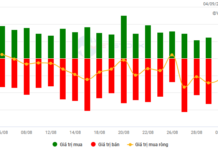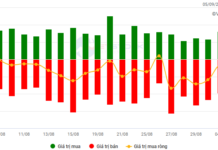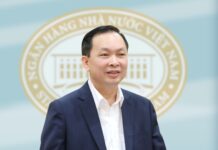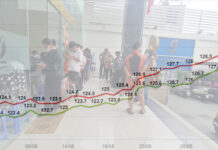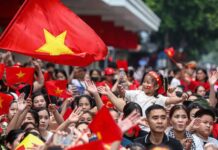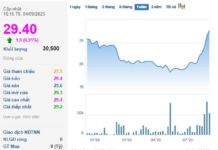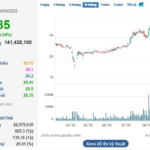Dr. Nguyen Minh Phong, a well-known economic expert, shared his insights with Cong Thuong reporters following the decision by the US Department of Commerce to not recognize Vietnam as a market economy.
Expressing his surprise at the US decision, Dr. Phong, along with the Ministry of Industry and Trade, the Ministry of Foreign Affairs, regulatory agencies, and the Vietnamese business community, regretted and were disappointed by this ruling from the US.
“We are disappointed because the US initially showed great enthusiasm, especially with the prospects of our upgraded diplomatic relations. Vietnam has made significant efforts and substantially met the requirements set by the US. In reality, 72 countries have already recognized Vietnam as a market economy.” – Dr. Phong stated.
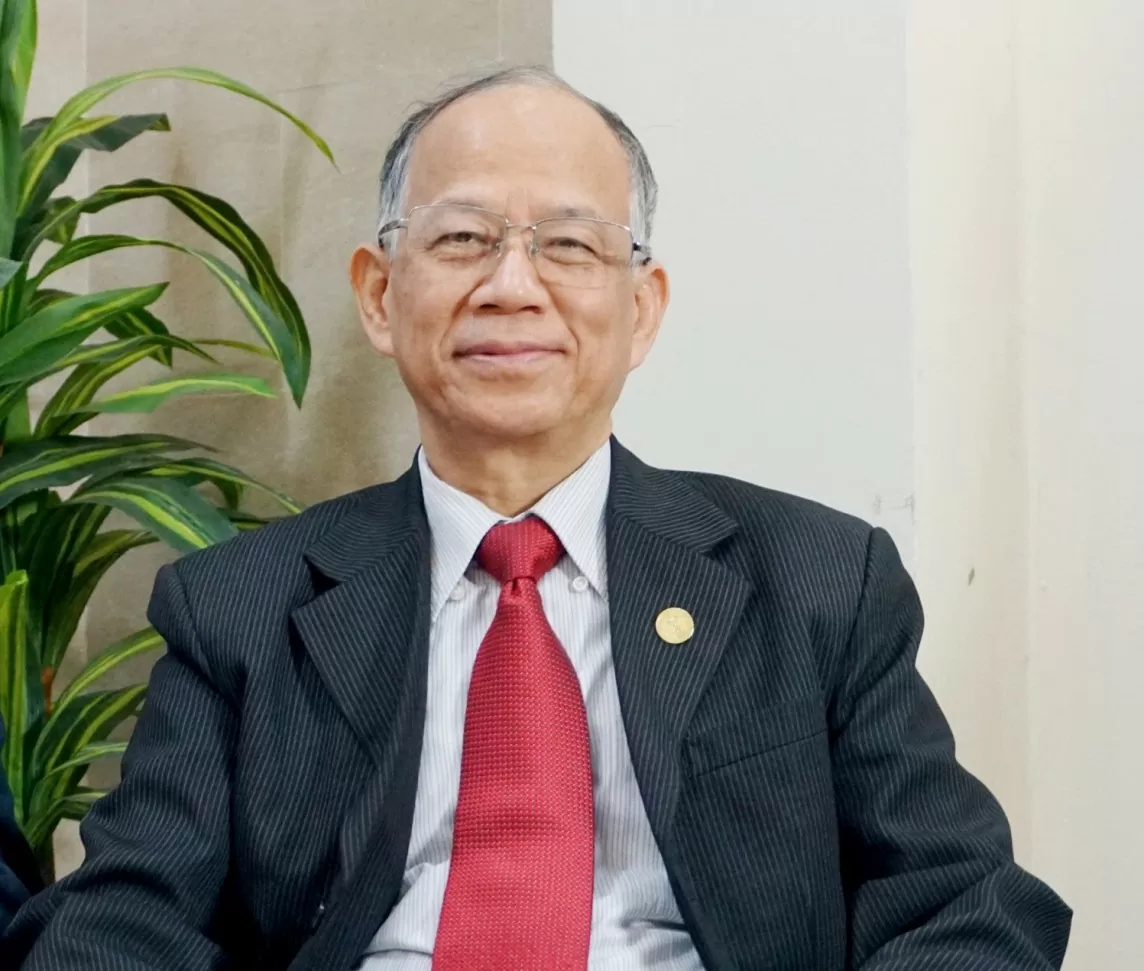
Dr. Nguyen Minh Phong, Economic Expert
According to the expert, despite the disappointment, Vietnam will not back down. “Going forward, we must continue to transform and improve our institutions. We will study and analyze the arguments in the US Department of Commerce’s report evaluating Vietnam’s economy to supplement and improve our arguments. We will then resubmit our request for the US Department of Commerce to reconsider Vietnam’s market economy status. Additionally, we will enhance information exchange, coordination, and explanation, as well as seek support from the global community.” – Dr. Phong emphasized.
Dr. Phong further shared Vietnam’s efforts in upgrading its economy, stating that the country has been continuously striving to affirm, build, and develop a market economy, both in the Party and State’s foundational documents and legal regulations, as well as in practical leadership and management across various sectors of socio-economic life.
Thanks to a strong shift towards a market mechanism over nearly 40 years, Vietnam has consistently been among the world’s fastest-growing economies, with an average growth rate of nearly 7% annually. The country’s gross domestic product (GDP) has continually expanded, reaching approximately US$430 billion in 2023, making it the 5th largest economy in ASEAN and the 35th largest in the world. Per capita GDP has increased 58-fold to around US$4,300 in 2023. Vietnam left the group of low-income countries in 2008 and aims to become an upper-middle-income country by 2030.

Vietnam’s strong shift towards a market mechanism has placed it among the world’s fastest-growing economies – Illustration
From a country that once suffered from chronic food shortages, Vietnam has not only ensured food security but has also become a leading exporter of rice and many other agricultural products. Industry and services have developed rapidly, continuously increasing and currently accounting for about 88% of GDP. Total import and export turnover has surged, reaching nearly US$700 billion in 2023, with export turnover exceeding US$355 billion and a record trade surplus of US$28 billion. Vietnam has become the world’s 22nd largest trading partner and its foreign exchange reserves reached US$100 billion in 2023.
Today, Vietnam has economic and trade relations with 230 countries and territories, participates in over 500 bilateral and multilateral agreements in various fields, and has signed 16 free trade agreements (FTAs) with more than 60 countries and international trade partners, including CPTPP, EVFTA, and RCEP. These agreements create a free trade playground with a community of nations accounting for over 50% of global trade and GDP.
The expert cited an article published on geopoliticalmonitor.com on March 11, 2024, by James Borton, a researcher at the Johns Hopkins School of Advanced International Studies (SAIS). The article commended Vietnam’s efforts in promoting a favorable and equitable business environment for international investors. The author referred to the World Bank’s 2020 Doing Business report, which ranked Vietnam 70th out of 190 economies, reflecting the country’s commitment to facilitating business activities.
“The Ministry of Industry and Trade has made significant contributions throughout this process, both in negotiations and in advocating for the recognition of Vietnam’s market economy. They have also played a crucial role in building and implementing state management mechanisms that adhere to market economy principles and international commitments made by the Government. This has helped shape Vietnam’s market economy, improve its external position, and protect its market and business community.” – Dr. Phong assessed.
At the same time, he expressed: “The US’s failure to recognize Vietnam’s market economy status is an unfortunate outcome of a long journey marked by tremendous efforts from Vietnam as a whole and the Ministry of Industry and Trade in particular. However, we will continue to strive, study, and supplement our arguments to convince the US Department of Commerce to reconsider this decision.”

